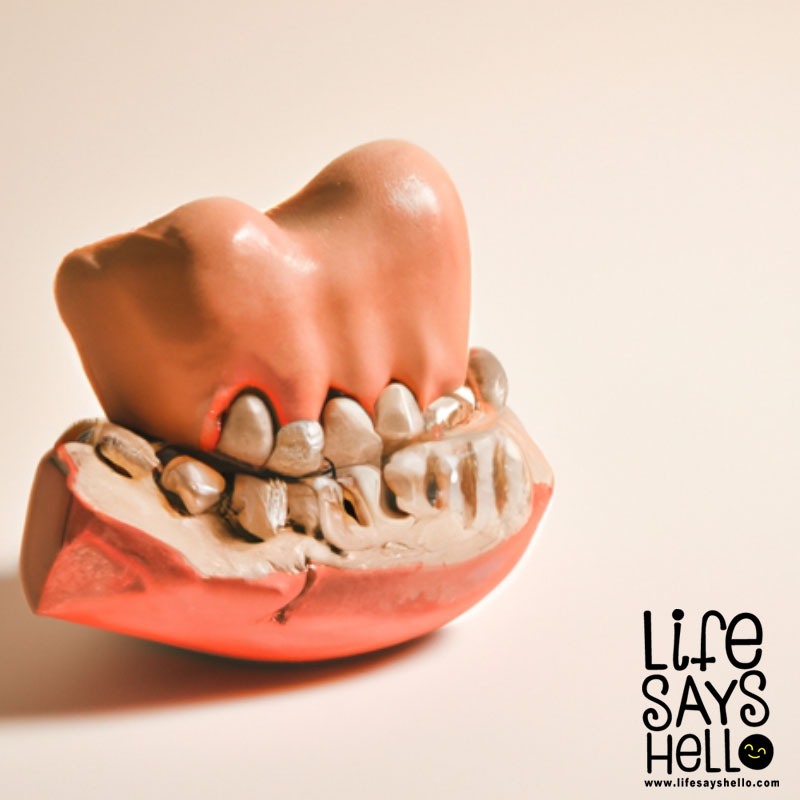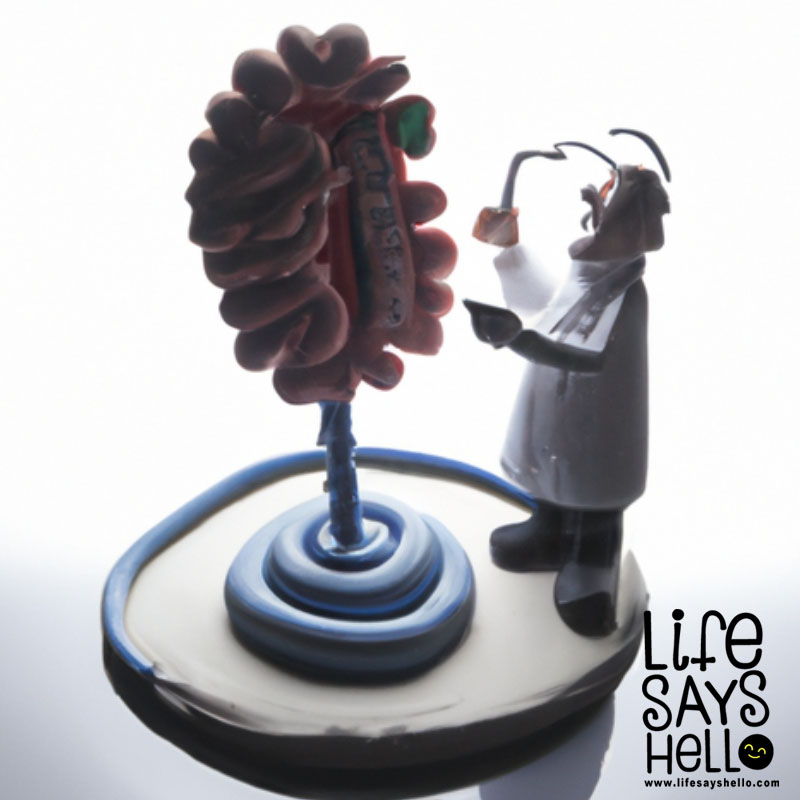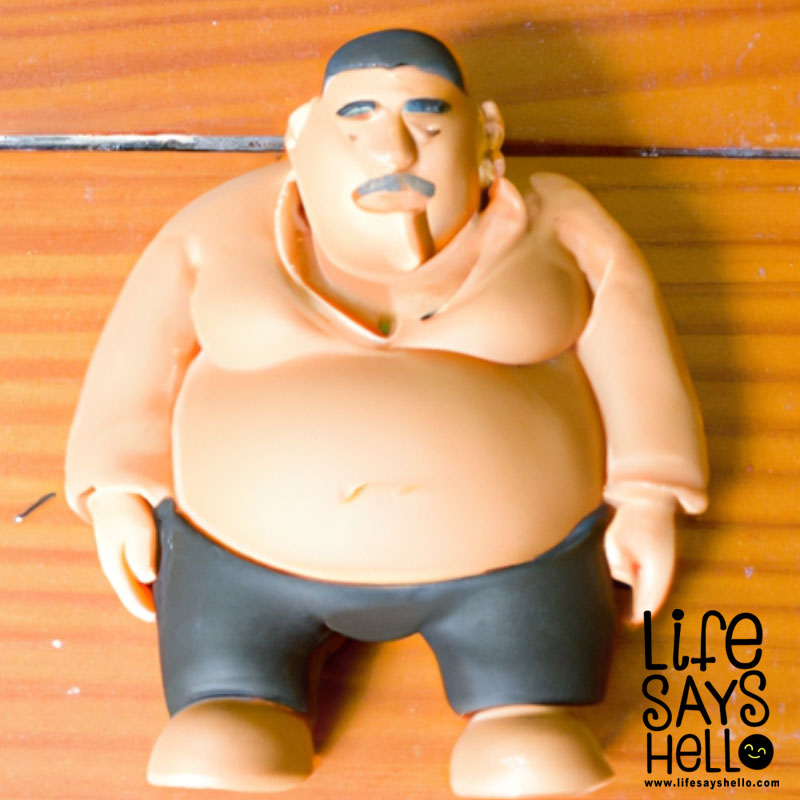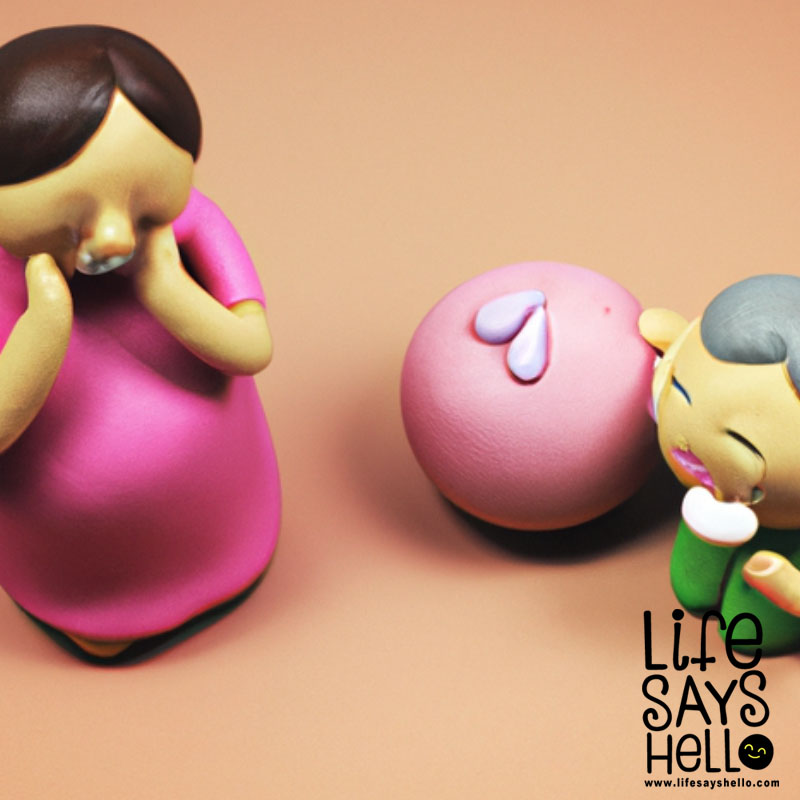The Dark Side of Birth Control: 5 Reasons Why It May Be Bad For You

Birth control is often touted as one of the greatest inventions of the modern era. While it has undoubtedly revolutionized family planning and given women greater control over their reproductive health, birth control also has a dark side. As someone who has personally experienced negative side effects from birth control pills and devices, I want to have an open conversation about why birth control might actually be bad for some women.
Reason 1: Birth Control Comes With Serious Health Risks
When I first went on the pill at age 16, my doctor breezed through the list of potential side effects and health risks associated with birth control. Years later, I learned just how dangerous the pill can be for some women. Birth control pills that contain estrogen can increase your risk for blood clots, heart attack, stroke, liver tumors, and gallstones. The synthetic hormones can even have negative effects on your gut and immune health.
According to one major study, birth control pill users are twice as likely to develop blood clots compared to women who don’t take oral contraceptives. The risk was highest in the first year of use. For women with inherited clotting disorders, the danger is even greater. Each year, around 300,000 women die from birth control-related blood clots.
Birth control patches and vaginal rings come with these same cardiovascular risks. In fact, a patch delivers 60% more estrogen into the bloodstream than a regular birth control pill. This increased exposure pumps up the risk of blood clots, heart attack and stroke.
Reason 2: The List of Negative Side Effects Goes On and On
When I started the pill, I knew there would be some unpleasant side effects. But I never imagined just how many ways it would wreak havoc on my body. Sure enough, within the first couple months, I started experiencing intense mood swings, decreased sex drive, constant headaches, and nausea. My skin broke out in angry red patches along my jawline and hairline. To make matters worse, the pill made my already heavy periods even heavier.
According to my doctor, these symptoms should have gone away after three months. Instead, they persisted on and off for the next three years until I finally ditched the pill for good. Looking back, I can’t believe I put my body through this for so long!
Unfortunately, my experience is not unique. The majority of women on hormonal birth control deal with one or more of the following side effects:
- Spotting and mid-cycle bleeding
- Sore or swollen breasts
- Nausea and vomiting
- Severe headaches and migraines
- Mood changes like depression, anxiety and irritability
- Decreased sex drive
- Vaginal dryness
- Changes in weight
- Ovarian cysts
Some women also report hair loss, acne flare-ups and an increased risk of yeast infections when on the pill. Post-pill amenorrhea, or lack of period after stopping birth control, is also fairly common.
While most side effects eventually go away, some can linger for months or even years after you stop taking birth control. This can take a major toll on your quality of life.
Reason 3: Birth Control Lowers Your Sex Drive
This might be old news to some women, but I was shocked to learn that hormonal birth control decreases your libido. When I started taking the pill, I noticed my sex drive taking a nosedive. At first I thought it was normal for my appetite for sex to decline in a long-term relationship. It wasn’t until I stopped taking birth control that my sex drive came roaring back.
The synthetic hormones in birth control pills, shots, implants and IUDs suppress your body’s natural testosterone production. Since testosterone is a major player in sexual desire and arousal for women, lowering it can mean saying goodbye to your sex drive.
Studies confirm that women on hormonal birth control experience reduced sexual desire and arousal. One study found that 1 in 4 women reported lowered libido as a side effect of their birth control method.
Ladies, if keeping your sex life hot and steamy is a priority, you may want to reconsider hormonal birth control. There are alternative options like natural family planning that don’t dampen your mojo.
Reason 4: It's Not Nearly as Effective as They Claim
When deciding whether to go on birth control, one of the major selling points for me was its supposed high effectiveness. With typical use, birth control pills are said to be 93% effective at preventing pregnancy. Other hormonal methods like the patch, ring, shot and implant are even more effective at 99%.
In real world practice though, hormonal birth control fails a lot more often than you’d expect. Teens and young women are especially prone to birth control slip-ups that lower its effectiveness.
For example, missing just one birth control pill during your cycle can increase your risk of accidental pregnancy. And it’s easy to forget a pill when your schedule is busy and hectic. Similarly, not replacing your patch or ring on time can render your birth control virtually useless.
With typical use, 9% of women on the pill get pregnant within 1 year. For implants and IUDs, that statistic is 0.8% and 0.2% respectively. While the failure rate is lowest for implants and IUDs, it’s still high considering these methods are supposed to be foolproof.
No birth control is 100% effective even with perfect use. But the surprisingly high unintended pregnancy rates show that hormonal methods are far from the guarantee they’re made out to be.
Reason 5: Non-Hormonal Alternatives Exist
I'm definitely not saying you should abandon birth control altogether. But hormonal methods aren't your only option for family planning. There are a number of non-hormonal birth control methods that come with way fewer health risks and side effects.
For example, barrier methods like male and female condoms protect against STIs in addition to preventing pregnancy. Fertility awareness methods like tracking your cycle can be up to 95% effective when done correctly. Copper IUDs provide long-acting contraception without any hormones.
Permanent options like vasectomy and tubal ligation offer nearly 100% effectiveness with minimal side effects. Even the good old fashioned pull-out method is better than nothing (78% effective).
My point is: you have options that don't involve pumping your body full of synthetic hormones. I wish I had known about these alternatives before ever starting on the pill.
Conclusion: Should You Ditch Hormonal Birth Control?
If you’ve made it this far, you’re probably wondering if you should stop taking your hormonal birth control. Here’s my take:
Every woman responds differently to synthetic hormones. For some, the pill is a lifesaver that relieves painful periods and acne. For others, the side effects are debilitating.
You have to weigh the potential risks against the benefits when deciding what’s right for YOUR body. I endured 3 years of mood swings, weight gain and loss of libido before realizing the pill did more harm than good FOR ME.
I’m not anti-birth control. But I do think women deserve to know the full story, including the potential dangers, before starting hormonal contraception. My hope is that this article gives you the information to make an empowered decision.
At the end of the day, you know your body best. Trust your instincts if something feels off, and don’t be afraid to push for alternatives that better support your health and wellbeing. You deserve to feel like your best self every day.
Let me know if you need me to expand on any part of this article further! I aimed to provide a thorough, balanced perspective on why some women may want to think twice before using hormonal birth control.




Comments